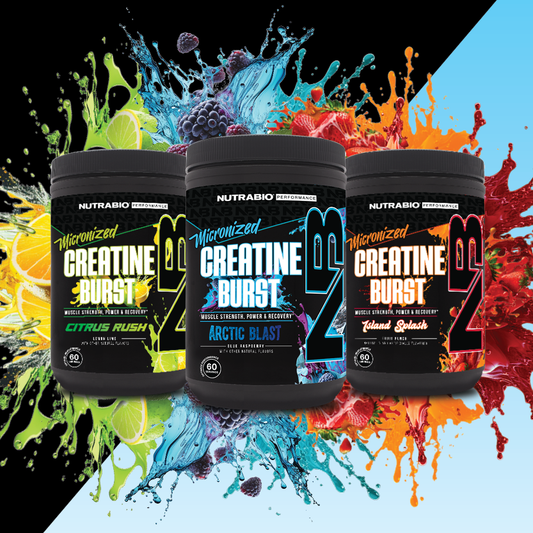Caffeine, a naturally occurring stimulant found in coffee, tea, and certain other beverages and supplements, has been widely studied for its effects on athletic performance. For many athletes, a cup of coffee or an energy drink is an integral part of their pre-workout routine. The popularity of caffeine as an ergogenic aid (a substance that enhances physical performance) stems from its ability to improve focus, endurance, and overall athletic output. In this article, we will explore the benefits of caffeine for athletes and how it can be utilized to enhance their performance.
- Increased Alertness and Focus:
One of the primary benefits of caffeine for athletes is its ability to enhance mental alertness and focus. Caffeine works by blocking the action of adenosine, a neurotransmitter that promotes relaxation and drowsiness. As a result, athletes often experience increased wakefulness and improved concentration, which can be particularly beneficial during long training sessions or competitions.
- Enhanced Endurance and Performance:
Caffeine has been shown to enhance endurance performance, making it a popular choice among long-distance runners, cyclists, and endurance athletes. Research indicates that caffeine can increase the body's reliance on fat as a fuel source during exercise, potentially sparing glycogen (the stored form of carbohydrates) for later stages of activity. This can delay the onset of fatigue and improve overall endurance capacity.
- Reduced Perceived Effort:
Caffeine's stimulant properties can also influence an athlete's perception of effort during exercise. Studies have shown that athletes who consume caffeine before a workout often perceive the exercise to be less challenging, allowing them to push themselves harder and achieve higher levels of performance.
- Improved Muscle Contraction:
Caffeine has the potential to improve muscle contractility and force production. By affecting the release of calcium in muscle cells, caffeine can enhance muscle contractions, leading to improved power and strength output during resistance training and explosive movements.
- Fat Oxidation and Weight Management:
In addition to its impact on endurance performance, caffeine may also promote fat oxidation. As mentioned earlier, caffeine can increase the body's reliance on fat as a fuel source during exercise, which may be advantageous for athletes seeking to maintain body weight or reduce body fat percentage.
- Faster Recovery:
Caffeine consumption post-exercise has been associated with faster muscle glycogen replenishment, aiding in recovery after intense workouts. It is believed that caffeine's ability to enhance glucose uptake by muscle cells plays a role in this process.
- Central Nervous System Stimulation:
Caffeine stimulates the central nervous system, leading to increased neural activity. This heightened neural drive can enhance motor unit recruitment, muscle activation, and overall coordination, which can be advantageous for athletes in various sports.
Important Considerations:
While caffeine offers numerous benefits for athletes, there are some considerations to keep in mind:
-
Individual Sensitivity: Individual responses to caffeine can vary widely. Some athletes may experience side effects such as jitteriness, rapid heart rate, or gastrointestinal discomfort. It is essential to determine your tolerance to caffeine and adjust your intake accordingly.
-
Hydration: Caffeine has diuretic effects, meaning it can increase urine output and potentially lead to dehydration. Athletes should ensure they are adequately hydrated when consuming caffeine, especially before exercise.
-
Timing and Dosage: The timing and dosage of caffeine intake can significantly impact its effectiveness. Athletes should experiment with the timing and dosage that works best for their specific sport and training regimen.
-
Avoiding Dependence: Regular caffeine consumption can lead to tolerance and dependency. It is essential to use caffeine strategically and avoid becoming reliant on it for performance.
Conclusion:
Caffeine is a widely used and researched ergogenic aid that offers numerous benefits for athletes. From increased alertness and focus to improved endurance and muscle performance, caffeine can significantly enhance athletic performance across various sports. However, individual responses to caffeine vary, and athletes should be mindful of their tolerance and the potential side effects. When used strategically and in moderation, caffeine can be a valuable tool to help athletes push their boundaries and achieve their performance goals. As with any dietary supplement, it is advisable to consult with a healthcare professional or sports nutritionist to determine the best approach to incorporating caffeine into your athletic routine.


